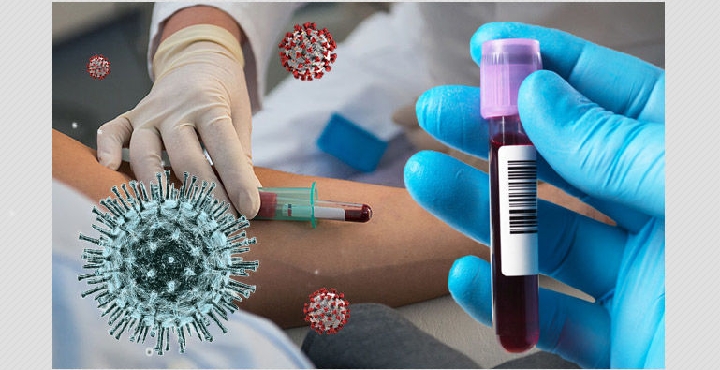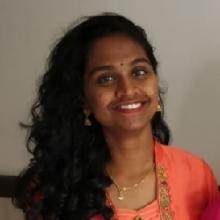
The increasing number of covid-19 cases and confusions about a standard treatment for this ailment has been a cause of panic amongst the general public in coastal Karnataka. On the other hand the Dakshina Kannada’s covid-19 fatality rate is far higher than entire Karnataka’s covid-19 mortality rate. According to experts, plasma therapy is one of the ways that have shown remarkable results in saving the patients with serious conditions.
Although this comes as a sigh of relief to the public inflicted by fear, the problem is that there is no plasma therapy facility in Mangaluru city or other parts of the district. In fact the only place in the Karnataka which has received permission from the ICMR to set up a center is HCG Hospital, Bengaluru.
Zakaria Parveiz, a social activist and the convener of Mangaluru-based Wellness Helpline, which has been working seamlessly in the medical and health sector amidst the covid-19 pandemic, believes that the lack of facility coupled with the lack awareness in the people in Dakshina Kannada will be a barrier in the utilization of the plasma treatment to its full potential.
“Currently the donors in the district have to travel to Bengaluru to donate plasma. Besides, many are hesitant to donate plasma,” said Mr Parveiz. "There’s also a misconception amongst the potential donors that their immunity will be reduced if they donate plasma. The lack of knowledge has created fear around this otherwise simple procedure," he added.
D Vedavyasa Kamath, the MLA of Mangaluru City South, said that they are in talks with the district administration about setting up a plasma therapy center in Mangaluru. "We have to follow the procedure and get orders from the state government to the Health Department and the District Administration. We have already initiated the work," he said.
U T Khader, MLA of Mangaluru constituency feels that that all the districts in the state must have plasma treatment facility. "The government should firstly issue a Standard Operating Procedure (SOP) for the setting up of the plasma bank," he said and added that along with this the government must also make a database of the recovered patients and create an awareness encouraging them to donate plasma. Mr Khader says that the doctors and the health department should take up the cause of creating awareness about plasma donation as they are the more reliable source. “This can save many lives,” he adds.








Comments
Add new comment